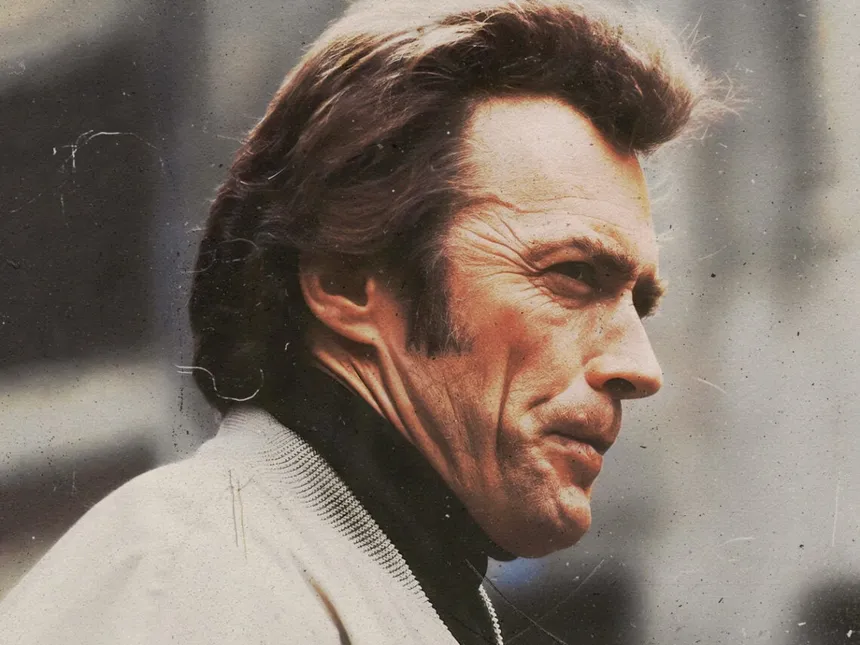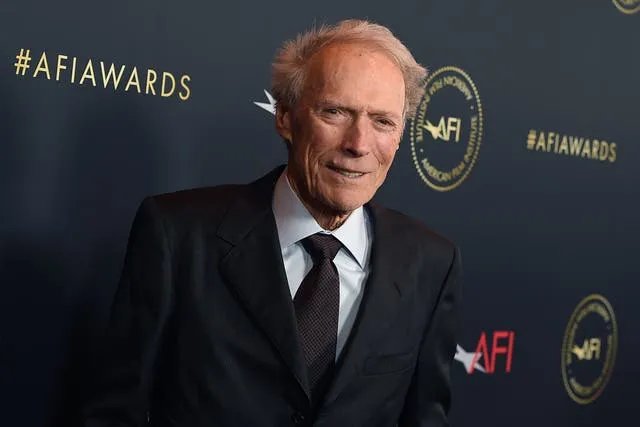Clint Eastwood’s most iconic roles on screen are often defined by his dry wit and gravelly voice, which have become synonymous with his tough-guy persona. Who can forget phrases like “Go ahead, make my day” or “Do I feel lucky? Well, do ya, punk?” These one-liners have become ingrained in popular culture, and for good reason. Eastwood’s ability to deliver these lines with a sense of detachment and authority makes them all the more effective.
However, Eastwood’s most memorable quote may not be as flashy as these action-packed lines. Instead, it’s a poetic and introspective phrase that packs a punch. It’s a quote that not only humanizes Eastwood’s character but also shakes the viewer to their core.
That quote comes from Clint Eastwood’s 1992 western film, Unforgiven. In the film, Eastwood plays William Munny, a retired gunslinger who’s brought back for one last job to avenge a mistreated sex worker. As Munny navigates the dark and gritty world of the Old West, he’s forced to confront his own demons and the reality of the violence he’s perpetuated.
It’s this theme of violence and its consequences that Eastwood explores in Unforgiven. The film deconstructs the mythology of the Old West, rejecting the traditional heroism and instead showing the brutal and unflattering reality of violence. Munny, once a celebrated figure, is revealed to be a cruel and vindictive man who’s lost his way.

Clint Eastwood (Via IMDB)
In one pivotal scene, the Schofield Kid, a young gun who’s idolized the legends of the Wild West, kills the second of the two wanted men. He breaks down to Munny, admitting he’s not the experienced killer he claimed to be. Munny responds with a simple yet powerful line: “It’s a hell of a thing killing a man. You take away all he’s got, and all he’s ever going to have.”
This line is more than just a statement about the consequences of violence; it’s a commentary on the human cost of killing. By framing killing as a form of theft, Eastwood reminds the viewer that the act of taking a life is not just about ending a person’s existence, but also about robbing them of their future and their humanity.
With this line, Eastwood grounds his character and the film in a sense of realism, acknowledging the complexity and complexity of human nature. It’s a powerful statement that forces the audience to confront the brutal reality of violence and its impact on the perpetrator.
Unforgiven is a landmark film that not only explores the themes of violence and its consequences but also deconstructs the mythology of the Old West. It’s a film that challenges the viewer to think critically about the actions of its characters and the implications of their choices. As a result, it’s a film that has become a classic, a testament to Eastwood’s talent as a director and an actor.
























